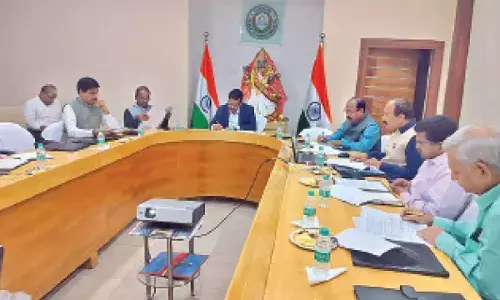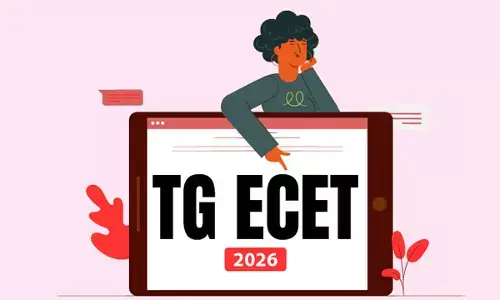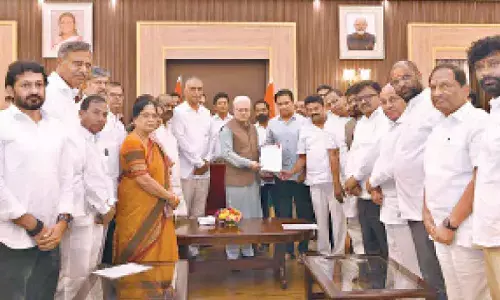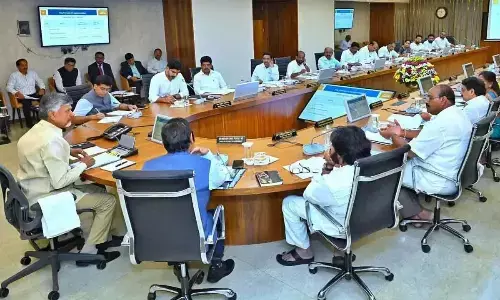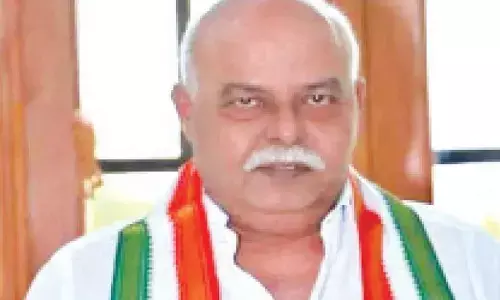Covid-19 has disrupted HIV care in India, says survey
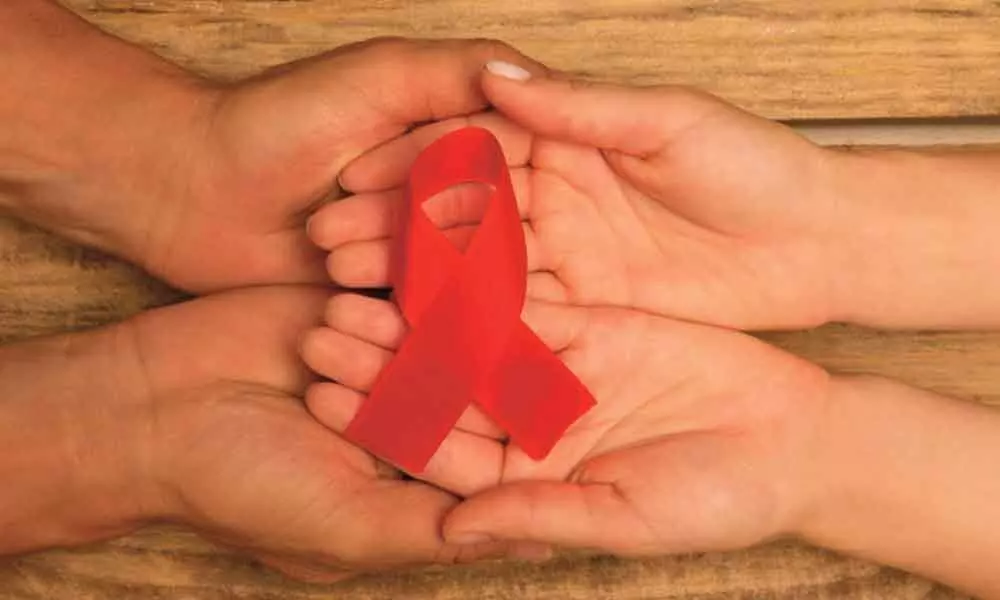
Covid-19 has disrupted HIV care in India, says survey
Gilead Sciences, Inc. and the AIDS Society of India on Tuesday announced the findings of a pulse survey conducted to evaluate the impact of the Covid-19 pandemic on access and delivery of HIV care in Asia Pacific where more than 5.8 million people are living with HIV (PLHIV) and, in 2019, 300,000 were newly infected and about 160,000 deaths were attributed to the disease.
Bengaluru: Gilead Sciences, Inc. and the AIDS Society of India on Tuesday announced the findings of a pulse survey conducted to evaluate the impact of the Covid-19 pandemic on access and delivery of HIV care in Asia Pacific where more than 5.8 million people are living with HIV (PLHIV) and, in 2019, 300,000 were newly infected and about 160,000 deaths were attributed to the disease. According to 2017 data for India, there were 2.1 million PLHIV; 88,000 were newly infected while 69,000 died due to AIDS-related illnesses.
Citing a recent UNAIDS report, the survey observed that HIV care disruption could lead to thousand more deaths.
The data collected from this regional survey on HIV testing, treatment and prevention, aims to provide insights into current gaps and barriers to care, and action that can be taken to sustain critical healthcare services for HIV.
Commenting on the survey, Dr I. S. Gilada, President, AIDS Society of India, said, "The Covid-19 pandemic has had serious implications on the delivery of healthcare services in HIV across the region, whether in low or high-income countries. Despite proactive efforts by the National AIDS Control Organisation (NACO) to minimise the impact of disruption in medical services and delivery of ART, PLHIV and at-risk populations suffered a severe blow. Interruptions to access and delivery of care can negatively impact PLHIV and those at-risk of HIV. The survey is an indication of the critical gaps in access to testing, treatment and preventive care, and shedss light on areas that need to be strengthened to prepare for future public health emergencies or disruptions."
The survey included PLHIV, people at-risk of HIV and HIV care prescribers across 10 countries in the region, including India. Over 82% of prescribers in India reported that there was a decrease in the frequency or delay of visits of PLHIV.
"The pulse survey shows that ensuring access to critical HIV care services is an important public health priority, because we are not certain when the pandemic will end. Gilead is committed to collaborating with the HIV community from public health authorities to HIV care prescribers, patient groups and civil societies across the region to identify strategies that can close the HIV care gaps, to ensure that vital services are maintained during these challenging times and beyond," said Dr Rahul Bargaje, M.D., Medical Director - South Asia, Gilead Sciences.
"The Covid-19 pandemic has been a major blow to at-risk communities and PLHIV across Karnataka. The pandemic has restricted access to treatment and other support services. In particular, widows affected by HIV face many challenges including stigma and discrimination, and lack of education, information and skills impedes their access to available schemes and resources reserved for them. There is anxiety over their future and that of their children as most widows are employed as housemaids and in garment industries or function as street vendors. Our Enhance project has focused on supporting them with basic services, as well as ART drug distribution, and information related to safe hygiene practices for the poor and vulnerable." Said Thyagaraj D T, President, Karnataka Network for People Living with HIV/AIDS (KNP+)
'Coronavirus impacts tests among high risk population'
An analysis of the responses in the survey provides additional insights into the disruptions caused by the Covid-19 pandemic:
It has had a big impact on the uptake of HIV tests, especially amongst the at-risk population. About 46% of the at-risk population reported a decrease in frequency of taking HIV tests during the pandemic. The main reasons for reduced testing were concerns of getting infected with Covid-19 (62%) and travel restrictions imposed during the pandemic (46%), as HIV tests were mostly only accessible at point-of-care.
The pandemic has also had a substantial impact on the dispensing of medicines. About 80% of HIV care prescribers reported a decline in preventive prescriptions for at-risk population while more than 1 in 3 amongst the at-risk population reported that they either decreased or stopped taking HIV preventive medicine. About 50% of prescribers also reported a decline in prescribing refill antiretroviral medication to PLHIV. Travel restrictions and a change in high-risk behaviour emerged as some of the main reasons for the disruption in treatment.
Long-term ability to access anti-HIV medications is a major concern. Almost 47% of PLHIV and 37% of those at-risk reported that they were concerned about getting antiretroviral medicines and preventive medication during the pandemic.
Telehealth is becoming a mode of delivery of HIV care during the pandemic. Amongst HIV care prescribers, almost 97% use telehealth to consult with patients via telephone (85%) or video (50%), or to provide refill prescriptions (67%). A majority of prescribers surveyed (76%) expect an increase in telehealth adoption in the future as it offers convenience, allows them to reach more patients and reduces spread of illness. Amongst PLHIV and those at-risk, the most frequent type of telehealth service received from the doctor were phone consultations (58%).










